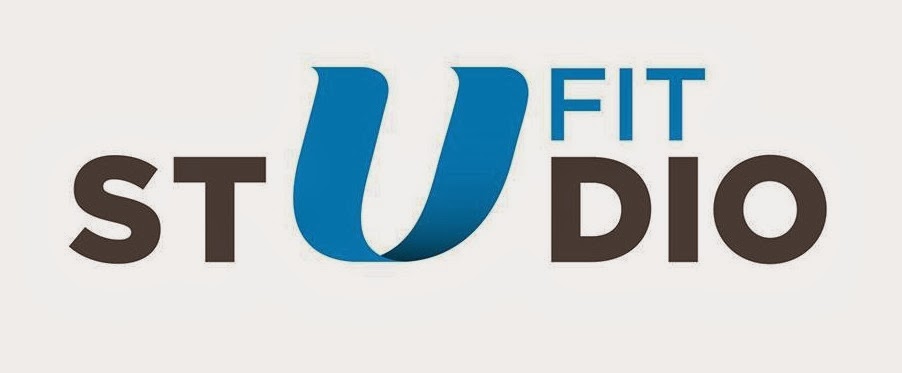This post is not relating to health and fitness specifically, but that is included. I am talking about general personal growth and development.
Getting out of your comfort zone is as much of a habit as anything else. Become a ballsy person, you'll be amazed how people respond to you.

STOP
Ask yourself some questions these questions
- When was the last time that you took a big risk?
- When was the last time you made yourself really uncomfortable?
- Have you ever got rid of something that is time/resource consuming and you could do without, just to see how you cope?
- If you set a goal, do you tell the world? Or do you keep it to yourself, just in case you fail?
How do you stack up? Not well? Then I invite you to do the following challenges:
Comfort challenges are designed to take you out of your comfort zone. They are designed to make people look at you, question you and judge you. The empowering part is that you can do these things and in reality most people don't notice; some people smile and the rest just look confused. What were you so worried about? Your comfort zone has just expanded.
1. Wear fancy dress to the gym, when asked say 'I was getting bored of my routine'
2. Ask a 10 strangers in 10 minutes for a hug, when asked say 'I've had a rough day'
3. Drive around your local town, windows down playing stupid music at maximum volume for at least one song. (Day time only!)

Elimination challenges are based on appreciating how much time is wasted on a daily basis, and how much money is then subsequently wasted on convenience. Generally our lives are far too cluttered and require streamlining for clarity of thought and direction. I do not advocate living like a monk, but want simply to demonstrate how much extra stuff there is.
1. Media diet.
- Sell your television
- No news/papers (ask a well informed colleague if you have missed anything)
- No social networking (try talking to your friends)
- Halve or even quarter your food budget, be amazed at what you can live on and how much healthier your diet is when you can't afford to eat processed rubbish. £25 a week is enough to feed me healthily, a 90kg active male, so most will require less than that.
- Check your email once per day/week or cook once per week (Sunday ritual). It doesn't matter what you choose, but restrict yourself from wasting time and become more productive. Then you can spend the time you have earned doing what you actually want to be doing, living your life!

Stretching challenges are the most effective challenges to encourage personal growth.
- Set yourself a goal over which you have total control and make it something far beyond anything you have ever done before. Then announce it to the world, tell everyone you know.
- EG. I am going to be fluent in a language this time next year
So after lots of preaching, you may be wondering what I'm doing to challenge myself:
- I've sold my car and resisted the urge to buy a new one, amazingly I'm still alive. I remember a time when my car being serviced for a day was the end of the world, everything stopped. I was dependent.
- I've committed to exercising less than 60 minutes per week. I am constantly quoting the science that you only need this much if you work hard enough, time to put up or shut up. (This is a hard one)
- My smart phone broke and I've not replaced it, it's unnecessary and a time waster
- I'm going to write a book about the fitness mind-set and I'm telling the world now (That's as far as I've got)
- I'm only allowed to enter a supermarket twice per week for the next 6 months. I used to waste a huge amount of time food shopping and wasted money on impulse purchases.
- I'm going to dispose of any item that I haven't used in 9 months.
- I went food shopping in a full cricket outfit (helmet/pads/spikes/whites) and didn't die form weird looks and laughing children.
















